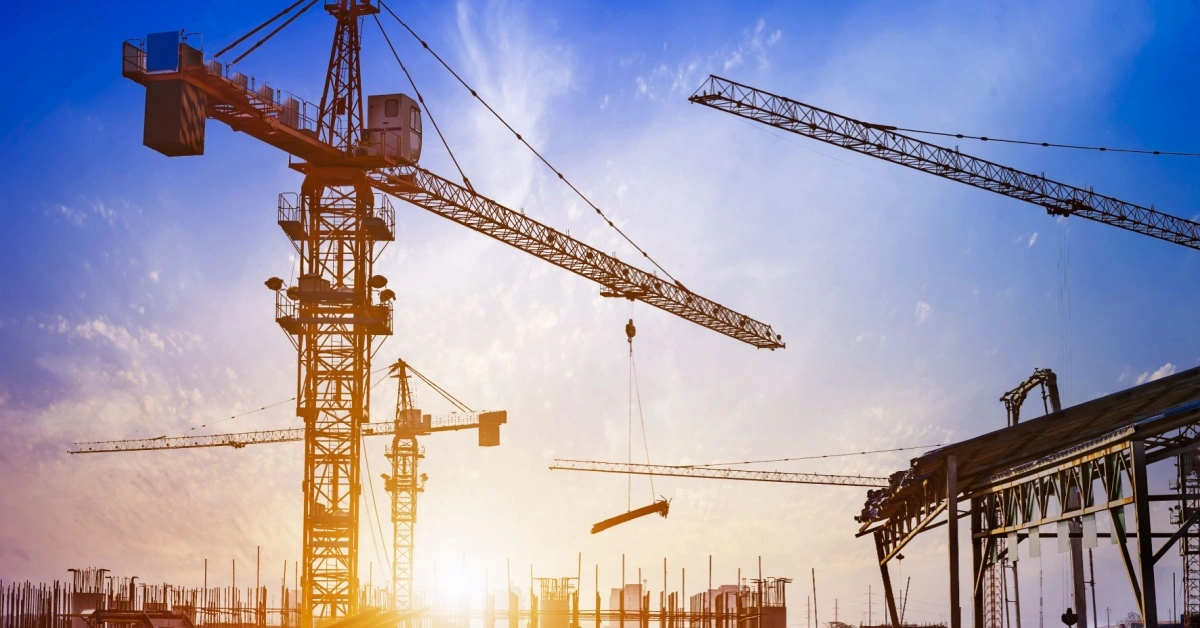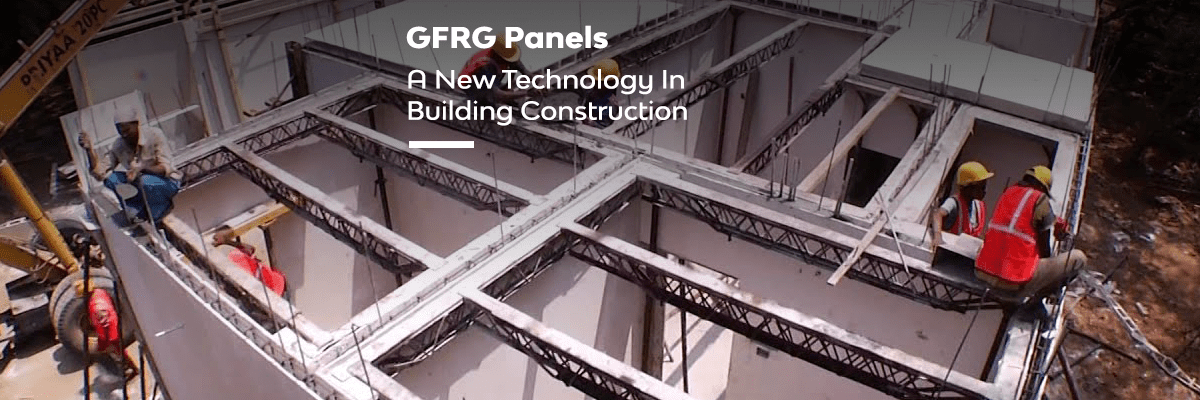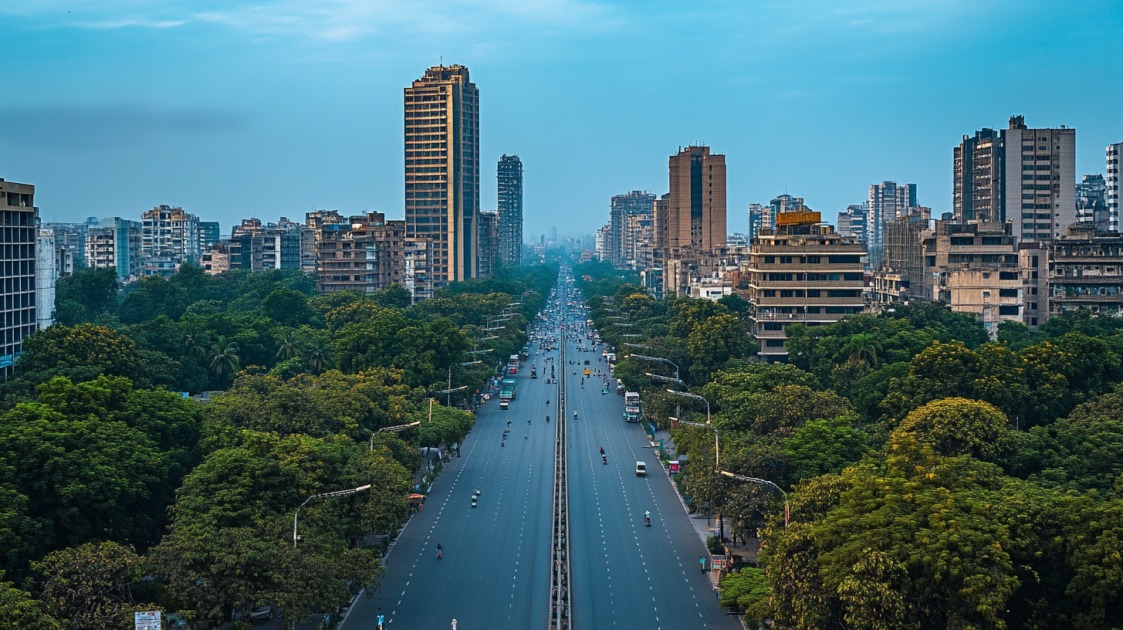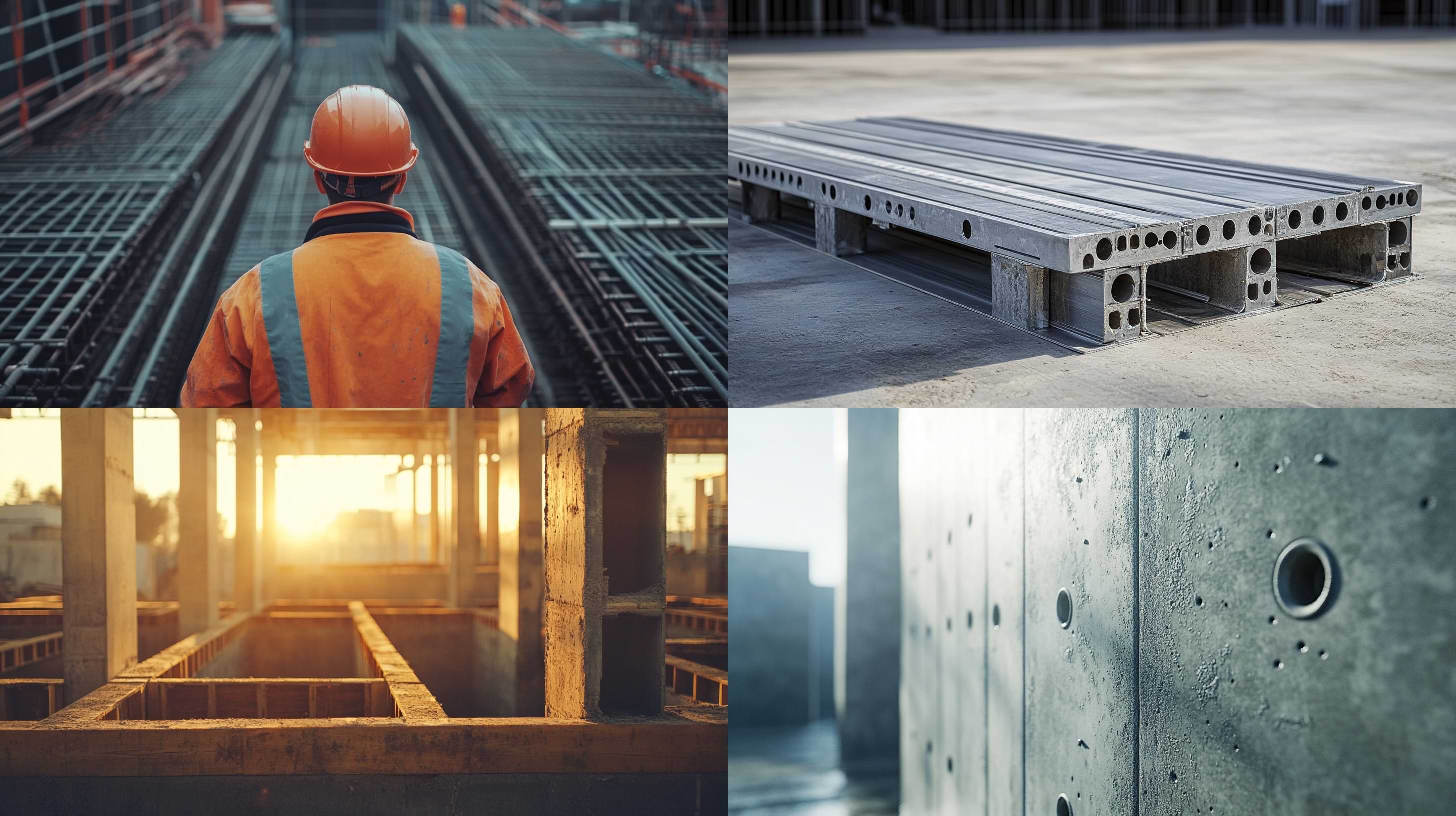Table of Contents
Quality Service Guarantee Or Painting Free

Get a rental agreement with doorstep delivery

Find the BEST deals and get unbelievable DISCOUNTS directly from builders!

5-Star rated painters, premium paints and services at the BEST PRICES!
Loved what you read? Share it with others!

What are the Difference Between Resale and Under Construction Property - Which One Should You Choose?
Table of Contents
Choosing between buying a resale property or one still under construction is a significant decision for homebuyers. The fundamental difference between resale and under construction property lies in readiness and age. Resale properties are pre-owned and ready for immediate move-in, often in established areas. In contrast, under-construction properties are brand new, bought directly from the developer, require a waiting period for possession, but often come with modern amenities and flexible payment options. Understanding the nuances of each helps you align your choice with your budget, timeline, and preferences.
What is a Resale Property?
A resale property is essentially a pre-owned home. This means you are buying the property not from the original developer or builder but from the owner who previously purchased it. These properties have already been lived in, sometimes for many years. One of the biggest advantages of resale property is that it is 'ready-to-move-in'. Since it's an existing structure, there's no waiting period involved for construction completion. The entire payment process to move is shorter than that of an under-construction property.
What is an Under Construction Property?
An under-construction property is not ready for occupancy. When you buy, you are essentially booking a flat or house for a project that will be completed on a date specified in the builder-buyer agreement. You usually buy these directly from the developer or builder. A key aspect of buying a flat under construction is the payment plan, which is typically linked to construction milestones (Construction Linked Plan - CLP). While there's a waiting period involved, buyers often benefit from lower initial prices compared to ready properties and the appeal of owning a brand-new home.
Quality Service Guarantee Or Painting Free

Get a rental agreement with doorstep delivery

Find the BEST deals and get unbelievable DISCOUNTS directly from builders!

5-Star rated painters, premium paints and services at the BEST PRICES!
Key Differences Between Resale and Under Construction Property
Understanding the core distinctions is crucial when navigating the resale property vs under-construction property dilemma. Here’s a breakdown to help you compare:
| Feature | Resale Property | Under Construction Property |
| Possession Time | Immediate or very short | Delayed by months or several years, depending on the stage |
| Cost | Generally higher upfront cost, but often negotiable | Often lower entry price, potential for appreciation |
| Condition & Age | Older structure may require repairs/renovation | Brand new, modern design and fittings |
| Customisation | Limited to renovation after purchase | Potential for some customisation during construction |
| Risk Level | Lower risk (what you see is what you get) | Higher risk (delays, quality issues, developer default) |
| Amenities | May have older or basic amenities | Usually modern, planned amenities (pool, gym, etc.) |
| Location Maturity | Often in established, well-developed areas | Often in developing or upcoming areas |
| Paperwork | Requires a thorough check of the past ownership chain | Requires scrutiny of the builder agreement & RERA |
| Home Loan | Standard loan process, property value assessed | Loans are disbursed in stages based on construction |
| GST | Generally Not Applicable | Applicable (Currently 5% for most housing) |
| Payment Structure | Usually requires a significant upfront payment | Flexible payment plans (e.g., Construction Linked) |
| Immediate Returns | Potential for immediate rental income | No returns until possession |
What Are The Pros and Cons of Resale Property?
Choosing a resale property comes with its own set of benefits and drawbacks. Here’s a quick look at the advantages of resale property and its potential downsides:
Pros:
- Immediate Possession: You can move in almost immediately after completing the purchase formalities. No waiting!
- Established Location: Often in developed neighbourhoods with existing infrastructure like schools, hospitals, and markets.
- Known Estate: You inspect the actual property, so there are no surprises about the final product.
- No GST: Goods and Services Tax (GST) is generally not applicable on the purchase of resale properties.
- Known Neighbourhood: Before buying, you can assess the community, neighbours, and society's maintenance.
- Ready Infrastructure: Amenities (if any) and utilities are already functional.
Cons:
- Age and Condition: The property might be old and require immediate repairs or significant renovation costs.
- Higher Upfront Cost: Resale properties often command a price based on current market rates, potentially higher than launch prices.
- Limited Choice: Your choices are limited to what's available in the market at that specific time.
- Outdated Design: Architecture and fittings might be obsolete compared to modern constructions.
- Complex Paperwork: Verifying the chain of ownership and checking for liens can be cumbersome.
- Transfer Fees: May involve society transfer charges and other associated costs.
What Are The Pros and Cons of Under Construction Property?
Investing in a property still being built has unique appeal and risks. Consider these under construction property benefits and challenges:
Pros:
- Lower Initial Price: Often available at a lower price than ready-to-move-in properties in the same area.
- Brand New Property: You get a new house with modern architecture, fittings, and technology.
- Flexible Payment: Developers offer structured payment plans (like CLP), easing the financial burden initially.
- Modern Amenities: New projects usually include contemporary amenities like gyms, pools, clubs, and security.
- Potential for Appreciation: Buying early in a developing area can lead to a significant increase in property value upon possession.
- Customisation Options: Sometimes developers allow minor customisations in layout or finishes during the construction phase.
- RERA Protection: The Real Estate (Regulation and Development) Act, 2016, protects against delays and quality issues.
Cons:
- Waiting Period: You must often wait for years, before you can move in or rent out the property.
- Risk of Delays: Construction delays are common, which can disrupt your financial planning and moving timelines.
- Quality Concerns: The final product's quality might not match what was promised by the developer.
- Uncertainty: The final look, feel, and surrounding infrastructure might differ from initial plans.
- Price Escalation Risk: Sometimes, unforeseen circumstances can lead to increases in the final cost.
- GST Applicable: Under-construction properties attract GST (usually 5% without Input Tax Credit).
- Developer Risk: Risk of the developer going bankrupt or abandoning the project mid-way.
Legal Aspects Every Buyer Must Consider
Navigating the legalities is crucial regardless of your choice. Pay close attention to these aspects to ensure a smooth transaction:
For Resale Properties:
- Title Deed Verification: Ensure the seller has clear, undisputed property ownership. Check the chain of titles.
- Encumbrance Certificate: Verify that the property is free from loans, taxes, utility bills, liens, or legal dues.
- Occupancy Certificate (OC): Ensure the building was constructed per approved plans and is suitable for occupancy.
- Society No Objection Certificate (NOC): If buying in a cooperative housing society, obtain the necessary NOCs.
For Under Construction Properties:
- Developer's Reputation: Research the builder's track record for project completion and quality.
- RERA Registration: Ensure the project is registered with the state's Real Estate Regulatory Authority (RERA). Verify details on the RERA website.
- Approved Plans: Check if the builder has obtained approvals from local authorities (Commencement Certificate - CC, approved layout).
- Builder-Buyer Agreement: Scrutinise the agreement clauses related to payment schedule, possession date, penalties for delay, and specifications.
- Title Report of Land: Verify the developer has a clear title to the land on which the project is being built. Also ensure that the land for the project is not mortgaged or has any legal disputes attached.
Financial Considerations
Your budget and financial planning play a significant role in this decision. Here’s a breakdown of the financial angles in this property investment comparison:
- Initial Outlay: Resale usually requires a larger down payment (often 20%) at once. Under construction allows staggered payments.
- Home Loans: Loans are available for both. For resale, the loan is disbursed in one go. For under-construction, it's disbursed in tranches linked to construction stages.
- GST Impact: Under-construction properties attract GST (typically 5%), increasing the overall cost. Resale properties are generally exempt.
- Property Tax: You start paying property tax immediately after buying a resale property. For under-construction, it begins after possession.
- Rental Income: Resale properties can generate rental income immediately. Under-construction properties only generate income after possession.
- Interior Costs: Resale might need immediate renovation/repair costs. Under construction is new but will need furnishing costs upon possession.
- Price Fluctuation: Resale prices reflect current market value. Under-construction prices might appreciate by completion, but also carry market risk.
Which One Should You Choose?
The choice between ready-to-move-in vs under construction ultimately depends on your personal circumstances, priorities, and risk tolerance. Consider these factors:
- Urgency: If you need a home immediately for self-use, a resale property is the practical choice.
- Budget Flexibility: If you prefer spreading payments over time, an under-construction property might be more manageable initially.
- Risk Appetite: If you are risk-averse, the certainty of a resale property (what you see is what you get) is safer.
- Desire for Modernity: Under-construction projects are often better equipped if you prioritise brand-new construction and modern amenities.
- Investment Goal: Resale works for immediate rental returns. Under construction can be better (if chosen wisely) for potential long-term capital appreciation from a lower entry price.
- Customisation Needs: Some under-construction projects offer this flexibility if you want input on certain finishes or layouts. Resale requires post-purchase renovation.
- Location Preference: Resale offers choices in established areas. Under-construction often means looking at developing peripheries.
Some Tips for New Home Buyers
Whether you lean towards resale or under-construction, thorough due diligence is key. Here are some essential tips:
- Define Your Budget Clearly: Account for all costs – base price, registration, stamp duty, GST (if applicable), interiors, brokerage, maintenance, etc.
- Assess Your Timeline: Be realistic about how soon you need the property. Factor in potential delays for under-construction projects.
- Research Thoroughly: Investigate the location's connectivity, infrastructure, safety, and future development prospects.
- Verify Developer/Seller Credentials: Check the builder's track record (for under-construction) or the seller's ownership documents (for resale).
- Legal Due Diligence: Always hire a competent lawyer to scrutinise all property documents before signing any agreement or paying a token amount.
- Physical Inspection: Mock the resale property meticulously for structural issues, plumbing, electrical issues, etc. For under-construction, visit the site regularly.
- Understand Loan Terms: Compare loan offers from different banks and learn about eligibility, interest rates, processing fees, and pre-payment clauses.
- Read the Fine Print: Carefully read every clause in the Sale Agreement (resale) or Builder-Buyer Agreement (under-construction).
How can NoBroker Help with Legal Services?
Whether you are looking for a resale or under-construction property, NoBroker is your go-to solution to connect with genuine sellers and the best builders to buy your dream home. With a vast network of over a million home-sellers pan-India, NoBroker can connect you with the perfect seller and house without paying a single penny of brokerage fees. You can explore the best builders and excellent under-construction properties with just one click. All that and more is possible with NoBroker without any hidden fees.
Frequently Asked Questions
Ans: There's no single "better" option; it depends entirely on individual needs. Resale offers immediate possession. Under-construction offers new properties but involves waiting periods and risks like delays. Assess your urgency, budget, risk tolerance, and preferences.
Ans: Yes, absolutely. Banks and housing finance companies readily offer home loans for resale properties, provided the property has clear legal titles and necessary documentation (like OC, past deeds, tax receipts). The loan process is often quicker than under-construction properties as the asset is already physically present and valued.
Ans: Key risks include:
Project Delays: Exceeding the promised possession date is common.
Quality Issues: The final construction quality might not meet expectations or promises.
Changes in Plan: The developer might alter layouts, amenities, or specifications.
Developer Insolvency: The builder could go bankrupt, leaving the project incomplete.
Market Risk: The property value might not appreciate as expected by the time of possession.
Legal Hurdles: Issues with land title or approvals can stall the project.
Ans: Generally, GST is not applicable to the sale of ready-to-move-in properties (resale flats) where the Occupancy Certificate (OC) has been issued. GST is levied on selling under-construction properties as it is considered a supply of service. The first buyer would have paid the GST on an under-construction property.
Ans: It depends on various factors.
Under construction: Can offer higher Return on Investment (ROI) through capital appreciation if bought at an early stage, at a lower price, in a location that develops well. However, this comes with a higher risk and a waiting period.
Resale: Offers the potential for immediate ROI through rental income. Capital appreciation might be slower than a completed new project bought early, but it's often considered a safer investment in stable markets. The ROI depends heavily on market conditions, location, purchase price, and property management. A detailed property investment comparison for the specific micro-market is advisable.
Loved what you read? Share it with others!
Most Viewed Articles

GFRG Panels: A New Technology in Building Construction
January 31, 2025
261920+ views

Top Cleanest Cities in India: Swachh Survekshan Top Ranked List
July 25, 2025
224908+ views

February 6, 2026
213342+ views

How Mivan Construction Technology Is Transforming the Art of Building!
January 31, 2025
183830+ views

CIDCO Lottery: Application Process, Eligibility, Flat Prices and Dates in 2026
April 30, 2025
138314+ views
Recent blogs in
February 19, 2026 by Krishnanunni H M
Top 10 Construction Companies in Ghaziabad: Leading Builders and Developers List in 2026
February 19, 2026 by Kruthi
Top 10 Construction Companies In Jaipur for Residential and Commercial Projects in 2026
February 19, 2026 by Krishnanunni H M
10 Best Construction Companies In Pune: Trusted Builders and Contractors in 2026
February 18, 2026 by Kruthi









 Full RM + FRM support
Full RM + FRM support

Join the conversation!